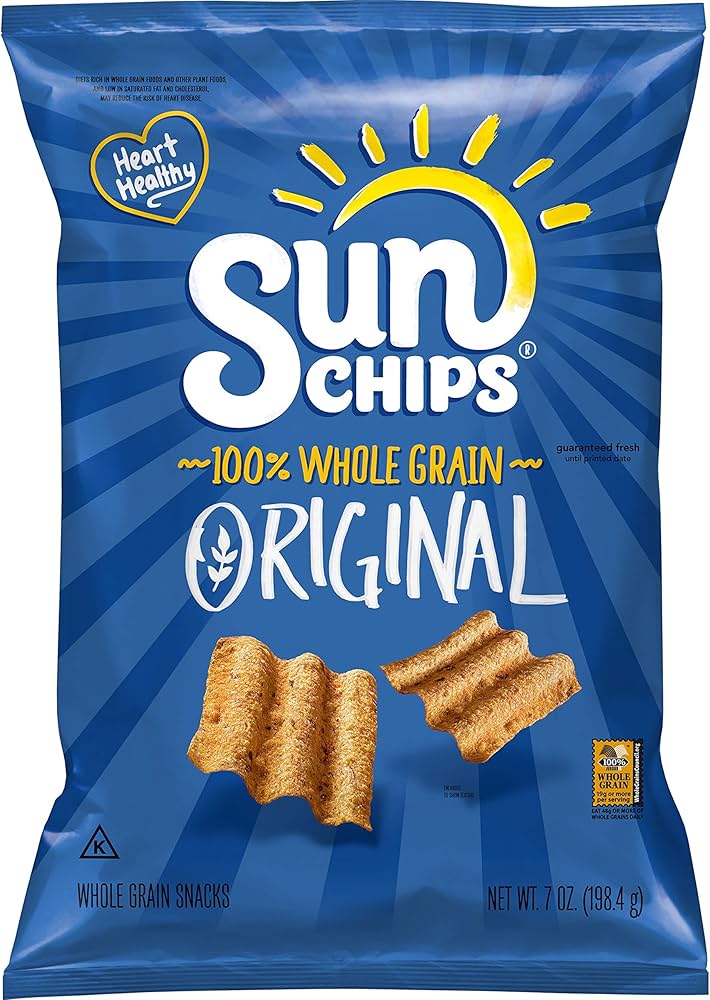
Effective Ways to Optimize Your Bariatric Pre Op Diet in 2025
Preparing for bariatric surgery is a crucial step that significantly impacts the success of weight loss and overall health outcomes. The bariatric pre op diet is designed to reduce the size of the liver and help patients lose weight before forming the conditions necessary for surgery. Adhering to a specific preoperative bariatric diet can streamline recovery times and enhance weight loss results. Through this article, we will explore essential dietary guidelines for bariatric patients, effective meal planning strategies, and the psychological aspects related to dietary changes before surgery. By optimizing your pre op meal plan, you will bolster your chances for a successful transformation.
From understanding dietary restrictions to staying hydrated and managing portion sizes, this comprehensive guide outlines the best practices for weight loss surgery preparation. We’ll touch on the benefits of engaging support networks, the importance of nutritional counseling, and tips for maintaining healthy eating habits preoperatively. Let's dive into the dual aspects of eating right and preparing your mindset, ensuring you are set up for post-operative success.
Understanding the Bariatric Pre Op Diet Guidelines
Building on the fundamentals of preoperative nutrition, understanding the guidelines set forth by healthcare professionals is paramount for optimal results. The bariatric pre op diet focuses on a few core principles, mainly lowering caloric intake while ensuring that nutrient needs are met through healthy food choices.
Nutritional Support and Meal Replacement Shakes
Incorporating meal replacement shakes can greatly assist in adhering to a low-calorie diet for weight loss. These shakes are designed to provide balanced nutrition, offering the necessary vitamins and minerals without excessive calories. It's essential to select high-quality meal replacement shakes that include protein, vitamins, and minerals tailored to bariatric needs, as they provide portion control while providing necessary nutrients.
Consulting with a dietitian can help patients choose the right variety of shakes and formulate a personalized plan that fits their unique requirements. This approach creates a manageable pre op meal plan that focuses on sustainability without sacrificing nutrient intake.
Fluid Intake Guidelines
Proper hydration is critical before surgery. The emphasis is often placed on avoiding high-calorie drinks and sugary beverages, which can hinder progress in weight management strategies. Instead, water, herbal teas, and broths should be prioritized to ensure adequate fluid intake, promoting optimal bodily function and reducing hunger levels.
Monitoring hydration levels becomes critical, particularly during a liquid diet before surgery, keeping an eye on signs of dehydration while promoting a feeling of fullness through healthy fluids.
Understanding Portion Control for Weight Loss
Effective weight management involves grasping the concept of portion sizes specific to bariatric patients. Understanding how much to eat can dramatically impact weight loss success and help you adhere to the pre op diet food list.
Using smaller plates, measuring food, and being mindful of the body's hunger signals can significantly improve the success rate of dietary modifications. Educating yourself on portion sizes will assist in developing healthy eating habits before surgery, and setting the groundwork for long-term behavioral changes.
Shopping for Bariatric Diet Foods
Grocery shopping for bariatric patients can be streamlined with a focused approach. A strategic shopping list should prioritize nutritious, nutrient-dense foods while avoiding high-calorie, processed foods. Opt for fresh produce, lean proteins, whole grains, and healthy fats, as these foods are critical components of the bariatric surgery diet plan.
Prior preparation before grocery shopping ensures that you will have delicious and satisfying meal options available, allowing you to maintain engagement with your pre op diet and minimizing the temptation to indulge in unhealthy choices.
Psychological Preparation for Surgery
Aside from physical nutrition, psychological readiness plays a significant role in the success of your weight loss journey. Managing cravings before surgery and addressing the emotional aspects of food consumption can be pivotal. Employing techniques such as food journaling for accountability or joining weight loss support groups can greatly enhance your ability to handle stress and cravings.
It's essential to establish a supportive environment at home as you prepare. Engaging with family and friends can help maintain motivation and encourage the adoption of healthy habits before surgery.
Creating a Balanced Pre Op Meal Plan
With these basics established, crafting a balanced pre op meal plan is the next step toward ensuring successful weight loss and optimizing nutrition. A strategic meal plan not only focuses on what to eat but also emphasizes how to implement balanced nutrition strategies during the days leading up to surgery.
Pre Op Diet Sample Menu
To help you visualize the implementation of your preoperative diet, consider a sample menu that incorporates a diverse range of food choices for weight loss surgery preparation. Breakfast may include a protein-rich smoothie with some berries and a protein supplement. Morning snacks could be a high-protein yogurt or a small portion of nuts.
For lunch, focus on a substantial salad topped with lean turkey and a homemade vinaigrette, while dinner might consist of grilled chicken alongside roasted vegetables. Each meal should aim to fulfill dietary guidelines for bariatric patients by maintaining a focus on protein intake before surgery.
Healthy Snacking for Weight Loss
Healthy snacking can alleviate feelings of hunger and prevent overeating. Incorporating high-protein snacks can help maintain stable energy levels while honoring portion control for weight loss. Examples include cottage cheese with fruit, raw vegetables with hummus, or a protein bar specifically designed for bariatric diets.
Tracking your snacks within a food journal can bring awareness to your eating habits, reinforcing the importance of mindful eating while navigating social situations pre op.
Post-Operative Diet Preparation
Transitioning to post-operative nutrition shouldn’t be an afterthought. Understanding how your diet will evolve after surgery is crucial for long-term success. Speaking to a dietitian about post-surgery recovery diet guidelines can identify the right approach to reintroducing foods and integrating nutrient-dense options over time.
Establishing a rapport with healthcare professionals before surgery allows you to create a tailored roadmap for your nutritional journey during and post-surgery.
Managing Lifestyle Changes Pre Surgery
Embarking on this journey requires serious lifestyle modifications. Embracing a low-carb diet prior to surgery can aid weight loss and prepare your body to adapt to changes after the operation. Furthermore, developing a healthy mindset and managing stress through relaxation techniques can lead to more positive outcomes throughout your entire weight loss journey.
Incorporating physical activity recommendations for pre surgery can not only boost metabolic processes but aid mental preparation, making it easier to adjust to new food habits.
Developing a Supportive Environment
As you prepare, it's critical to establish a support network. Surround yourself with family and friends who understand your goals and can actively participate in your lifestyle changes. This reinforces commitment and helps navigate emotional challenges leading up to surgery.
Maximizing Success Factors for Bariatric Surgery
After establishing your dietary guidelines, developing a robust pre op diet benefits will help set the tone for success. Preoperative weight loss requirements should focus on cultivating healthy habits for weight loss, which can significantly impact surgical outcomes.
Post-Operative Weight Loss Strategies
Planning ahead for post-operative weight loss strategies should be a priority. Discussing these strategies with a qualified healthcare team can make remarkable differences in the recovery phase by enhancing adherence to dietary restrictions before bariatric surgery.
Success stories of past patients often highlight the necessity of ongoing dietary counseling post-surgery, reminding us that continuous support is integral for weight management and personal accountability.
Maintaining Long-Term Motivation
Sustaining motivation through your weight loss surgery journey can significantly impact the outcome. Regular follow-ups and tracking progress after surgery can prevent feelings of despair and maintain a focus on your goals.
Sharing your journey with peers in support groups can further solidify your commitment to success and inspire others, creating momentum toward maintaining healthy habits long term.
Q&A: Common Questions About the Bariatric Pre Op Diet
What are key foods to include in a bariatric pre op diet?
Prioritize nutrient-dense foods such as lean proteins, low-fat dairy, vegetables, and healthy fats while avoiding sugars and high-calorie calorie-laden products. These choices support your weight loss journey.
How do I manage my cravings before surgery?
Utilizing stress management techniques and engaging in food journaling can help you control cravings while also enhancing your awareness of eating habits. Incorporating healthy high-protein snacks can lessen cravings by promoting satiety.
Is hydration important during the pre op diet?
Absolutely! Staying hydrated can aid in curbing hunger and support overall health. Make it a practice to consistently drink water and avoid high-calorie drinks throughout your pre-operative period.
How can a dietitian help prepare for surgery?
A dietitian will guide you through dietary restrictions, meal planning, and weight loss strategies tailored for bariatric patients, making the journey smoother as you prepare for surgery.
What strategies can I adopt for post-operative success?
Establishing a support network, developing a long-term meal plan, and staying engaged with health care providers greatly enhance your chances of success. Regular check-ins with dietitians can also be crucial for adherence to post-surgery dietary recommendations.

